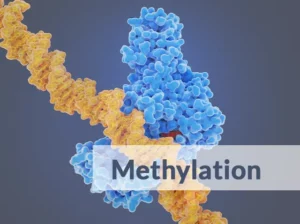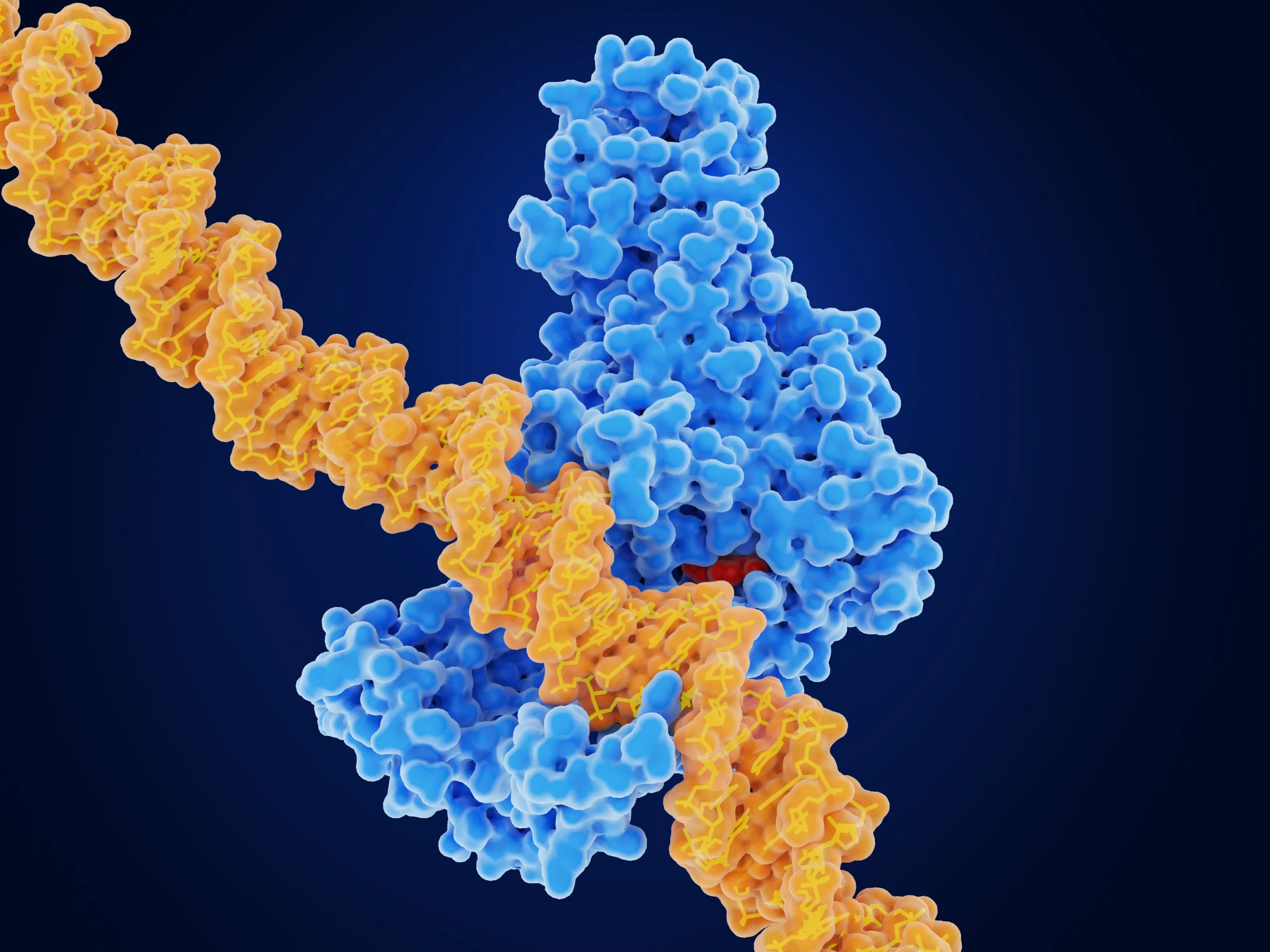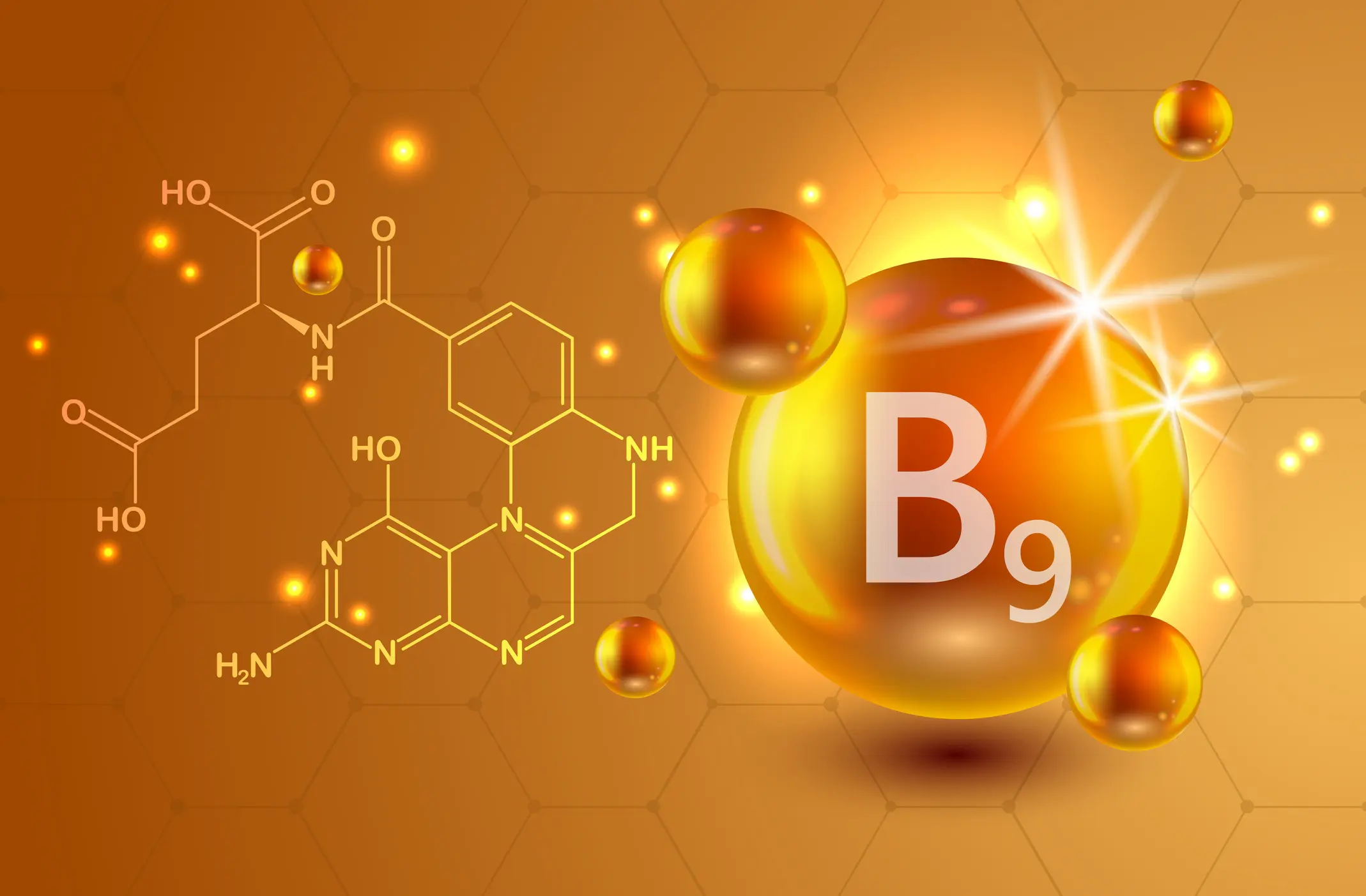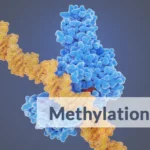 Methylation is a process that occurs in our cells, where a small chemical group called a methyl group (CH3) is added to our DNA or other molecules in the body. Though this process may seem simple, it involves complex chemical processes and plays a crucial role in our overall health and wellness. In DNA, methylation can turn off, or silence, specific genes, which can prevent certain diseases from developing. Methylation helps our cells function correctly, supports our immune system, facilitates detoxification pathways, and encourages healthy aging. Methylation is essential for a healthy body and can lead to health concerns when it doesn’t work correctly.
Methylation is a process that occurs in our cells, where a small chemical group called a methyl group (CH3) is added to our DNA or other molecules in the body. Though this process may seem simple, it involves complex chemical processes and plays a crucial role in our overall health and wellness. In DNA, methylation can turn off, or silence, specific genes, which can prevent certain diseases from developing. Methylation helps our cells function correctly, supports our immune system, facilitates detoxification pathways, and encourages healthy aging. Methylation is essential for a healthy body and can lead to health concerns when it doesn’t work correctly.
Order your test now. You can order a single test or a family bundle (2 sets or 3 sets). Click below to order now.













